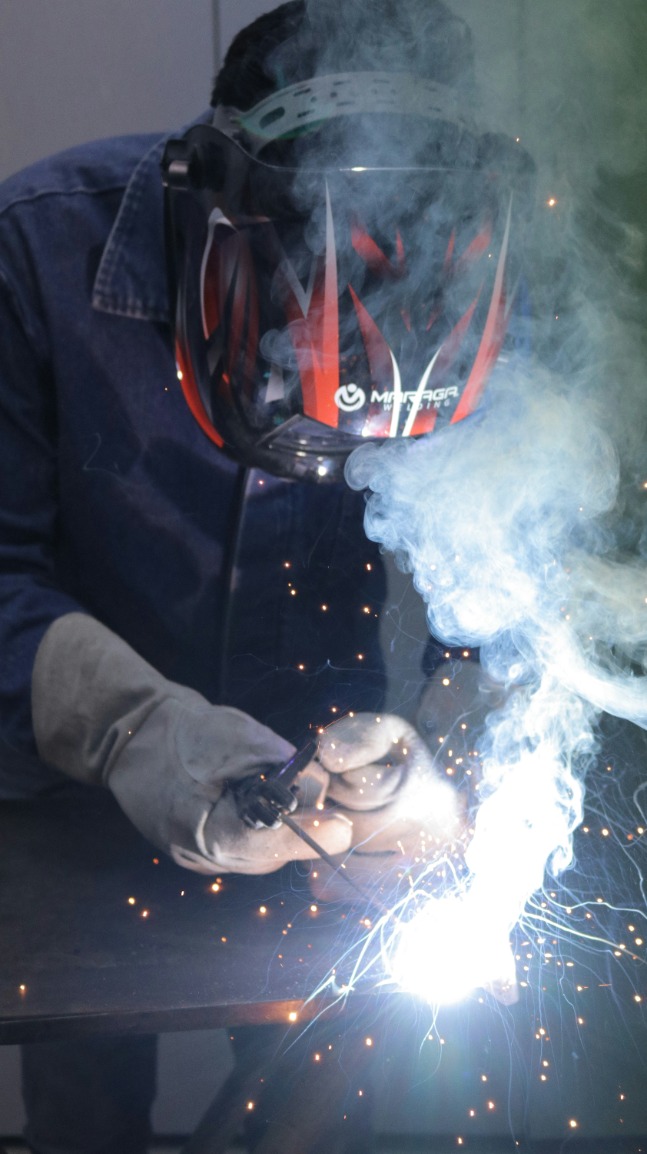




Operate or control nuclear reactors. Move control rods, start and stop equipment, monitor and adjust controls, and record data in logs. Implement emergency procedures when needed. May respond to abnormalities, determine cause, and recommend corrective action.
Assist nuclear physicists, nuclear engineers, or other scientists in laboratory, power generation, or electricity production activities. May operate, maintain, or provide quality control for nuclear testing and research equipment. May monitor radiation.
Administer anesthesia, monitor patient's vital signs, and oversee patient recovery from anesthesia. May assist anesthesiologists, surgeons, other physicians, or dentists. Must be registered nurses who have specialized graduate education.
Diagnose and coordinate all aspects of the birthing process, either independently or as part of a healthcare team. May provide well-woman gynecological care. Must have specialized, graduate nursing education.
Diagnose and treat acute, episodic, or chronic illness, independently or as part of a healthcare team. May focus on health promotion and disease prevention. May order, perform, or interpret diagnostic tests such as lab work and x rays. May prescribe medication. Must be registered nurses who have specialized graduate education.
Provide or assist with basic care or support under the direction of onsite licensed nursing staff. Perform duties such as monitoring of health status, feeding, bathing, dressing, grooming, toileting, or ambulation of patients in a health or nursing facility. May include medication administration and other health-related tasks. Includes nursing care attendants, nursing aides, and nursing attendants.
Demonstrate and teach patient care in classroom and clinical units to nursing students. Includes both teachers primarily engaged in teaching and those who do a combination of teaching and research.
Provide medical care related to pregnancy or childbirth. Diagnose, treat, and help prevent diseases of women, particularly those affecting the reproductive system. May also provide general care to women. May perform both medical and gynecological surgery functions.
Review, evaluate, and analyze work environments and design programs and procedures to control, eliminate, and prevent disease or injury caused by chemical, physical, and biological agents or ergonomic factors. May conduct inspections and enforce adherence to laws and regulations governing the health and safety of individuals. May be employed in the public or private sector.
Collect data on work environments for analysis by occupational health and safety specialists. Implement and conduct evaluation of programs designed to limit chemical, physical, biological, and ergonomic risks to workers.